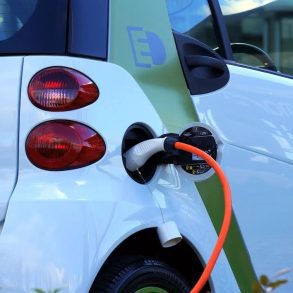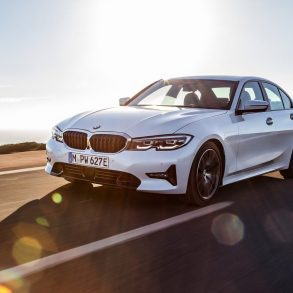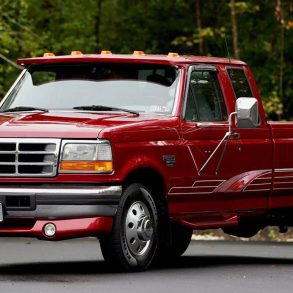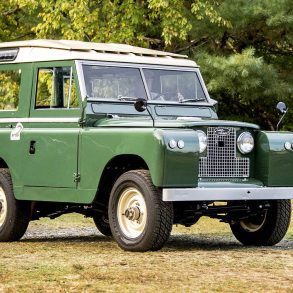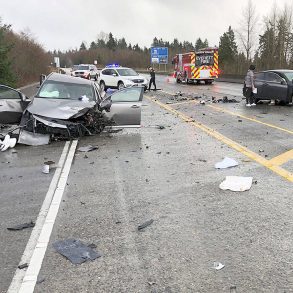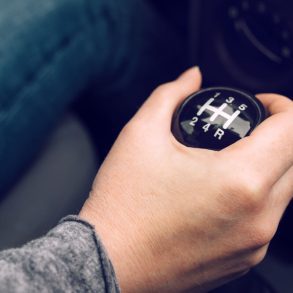The Return of the Long Roof
Station wagons were the go-to family cars long before the minivan made the most sense. Then they fell out of favor with pretty much everyone. While wagon sales in Europe and the UK remained high, wagons struggled to sell in the U.S. but things might be changing. Wagons could be in the middle of a resurgence.
Just to be clear, I don’t think there’s a way that wagons will return completely to the strong sales numbers that they once made—more than 900,000 in one year—but I do think they are and will continue to become an option that more people turn to. Here are some things that have me thinking a wagon resurgence is in the works.
Wagon Sales are Up
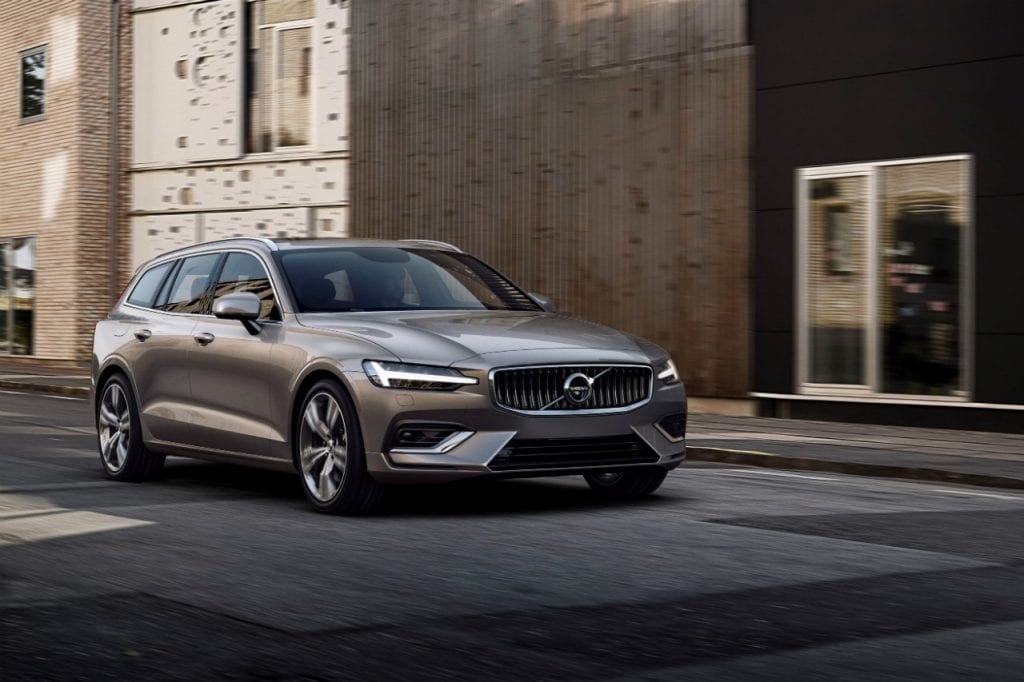
Roughly 216,000 wagons sold last year, according to Car and Driver. Other publications, including Top Speed, Investopedia, Architectural Digest, and Autoblog all note the rise—albeit modest—of wagons in recent years.
According to Autoblog, wagon sales over the last five years have increased by 29 percent. 2019’s sales numbers mark several years in a row where wagons have sold in excess of 200,000 units, and that’s nothing to overlook. It’s still not a huge portion of the market, 200,000 is certainly notable.
While crossovers and SUVs will dominate the market in the coming years, wagons will likely continue to gain ground in terms of sales. They’re just as practical as SUVs in most cases and provide driving dynamics unlike any SUV on the road.
Wagons Masquerading as SUVs Will Do Best
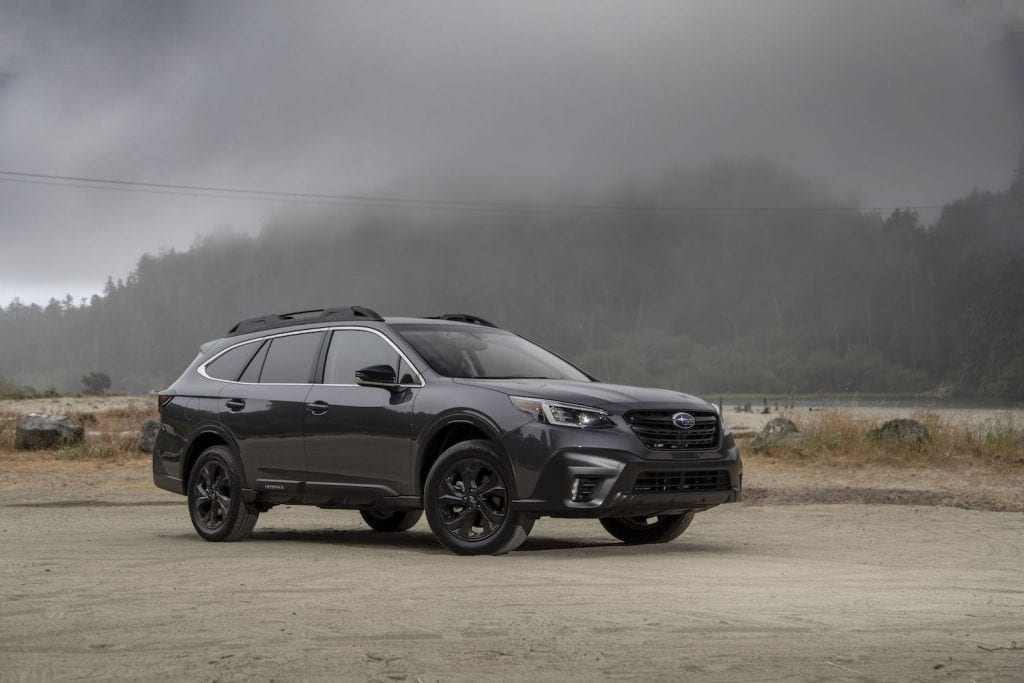
I’m not saying that people will be running from Toyota RAV4s and Honda CR-Vs and flocking to station wagons. They won’t. A lot of people will still want the perceived ruggedness that comes with all these new crossovers.
This is actually something that the companies selling wagons can lean into. Taller-standing wagons with AWD can be a common choice of someone who thinks they want an SUV when they really just want a car that sits up higher.
Car and Driver noted that “ruggedized wagons” actually make up nearly 91 percent of the total wagons sold in 2019. The publication points to vehicles like the Subaru Outback, Volvo’s Cross Country wagons, and Audi’s Allroad as common choices. The Outback is the clear winner here by far.
Wagons Are a Status Symbol
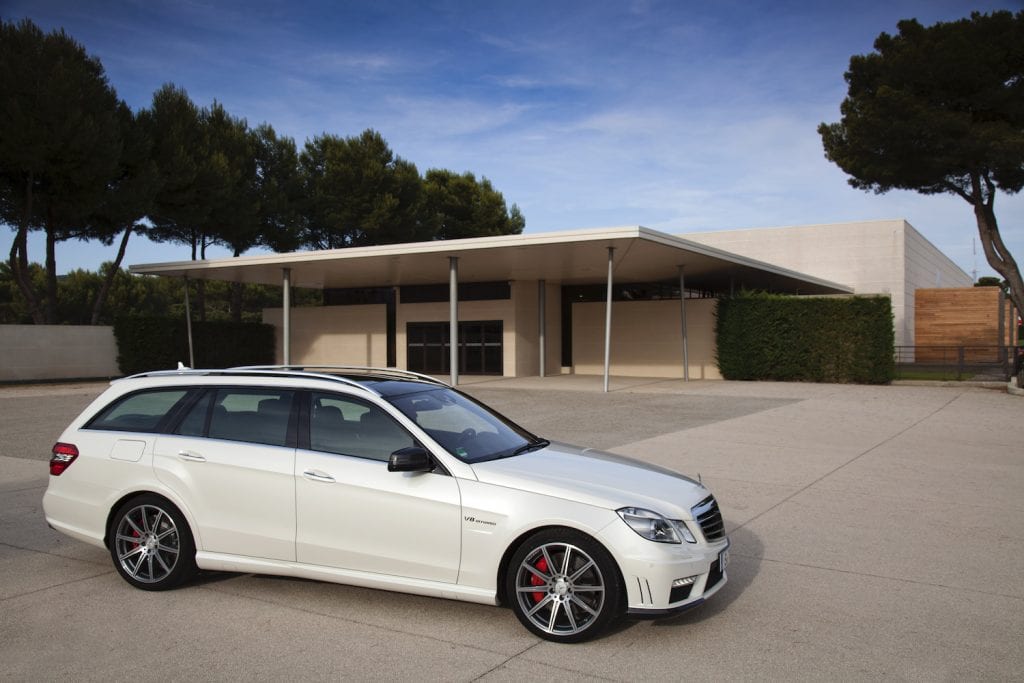
Another thing that will help drive the sales of wagons is the fact that wagons are routinely purchased by well-off people. According to Investopedia, auto executives know that most wagon buyers are “educated, affluent and loyal.”
Mercedes-Benz USA’s product manager Dana Headrick told Bloomberg News that wagon owners were affluent people who didn’t need to flaunt their wealth. In that interview, according to Investopedia, Headrick said, “I almost liken them to the millionaire-next-door type of person.”
Architectural Digest called station wagons “the newest status symbol.” The publication made the case that wagons are unique, useful, and exclusive. There simply aren’t many of them on sale today, and this makes the choice to buy a wagon one that sets you apart from the crowd, but in more of a subtle way than a flashy sports car or supercar would.
Also, if you look at which automakers actually build station wagons, you’ll notice that many of them are premium automakers. Mercedes-Benz, BMW, Audi, Porsche, Volvo, and Jaguar are the companies playing in this space.
Will Wagon Sales Really Start Taking Off?
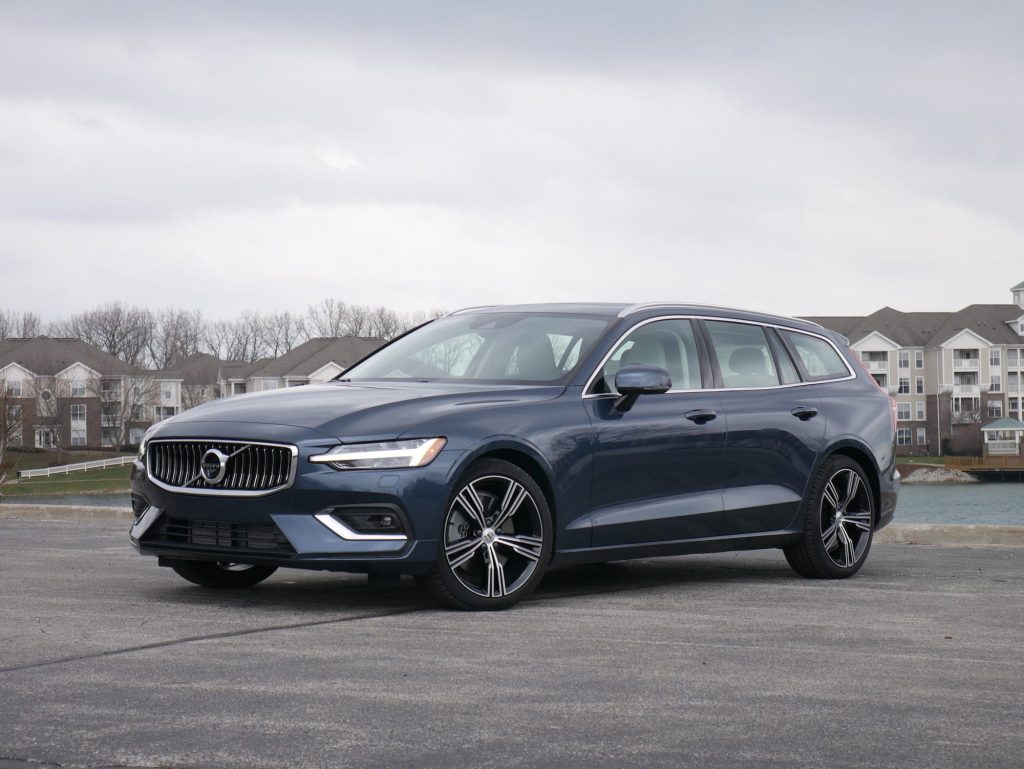
To put it plainly, no. Wagons are going through a comeback and sales should continue to go up, but most people don’t understand what they’re missing out on.
As I said in my review of the Volvo V60, many people going out to buy a car this year will make a mistake. They’ll buy a crossover when they should have bought a wagon.
Wagon sales will go up slightly in the next few years, especially if automakers add more rugged-ish wagons to their lineups. This will bring in people who start the car shopping experience looking for a crossover. Along the way, they’ll realize that a wagon is what they wanted all along, and buy an Outback or whatever Outback look-alike Subaru’s competitors end up selling.
The smart ones, the people who really know what they’re doing, will continue to buy wagons and probably do so for life. These are the folks buying Volvos, BMWs, Mercedes-Benzs, and Audis.
The true shame is that no automaker besides VW is selling a typical wagon to regular folks. Maybe if more wagons start selling we’ll get a Honda Accord Wagon or a Mazda6 Wagon. Until then I’ll just keep watching this segment and thinking about where it could end up.


